
Simeon Eben Baldwin was an American jurist, law professor, and politician who served as the 65th governor of Connecticut.
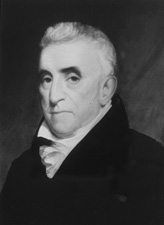
David Daggett was a U.S. senator, mayor of New Haven, Connecticut, Judge of the Connecticut Supreme Court of Errors, and a founder of the Yale Law School. He helped block plans for the first college for African Americans in the United States and presided over the conviction of a woman running a boarding school for African Americans in violation of Connecticut's recently passed Black Law. He judged African Americans not to be citizens and supported their colonization to Africa.
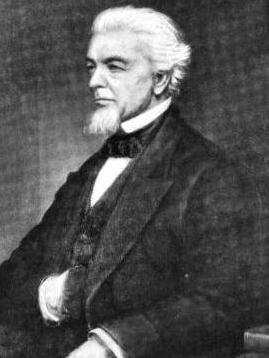
William Wolcott Ellsworth was a Yale-educated attorney who served as the 30th governor of Connecticut, a three-term United States Congressman, a justice of the State Supreme Court.

Harlan Fiske Stone was an American attorney and jurist who served as an associate justice of the U.S. Supreme Court from 1925 to 1941 and then as the 12th chief justice of the United States from 1941 until his death in 1946. He also served as the U.S. Attorney General from 1924 to 1925 under President Calvin Coolidge, with whom he had attended Amherst College as a young man. His most famous dictum was: "Courts are not the only agency of government that must be assumed to have capacity to govern."
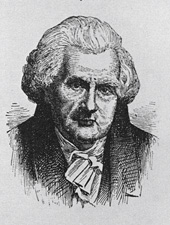
Stephen Mix Mitchell was an American lawyer, jurist, and statesman from Wethersfield, Connecticut. He represented Connecticut in the Continental Congress and the U.S. Senate and was chief justice of the state's Supreme Court.
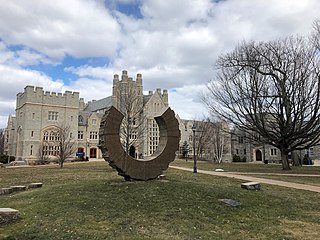
The University of Connecticut School of Law is the law school associated with the University of Connecticut and located in Hartford, Connecticut. It is the only public law school in Connecticut and one of only four in New England. In 2020 it enrolled 488 JD students.

Seth Paul Waxman is an American lawyer who served as the 41st Solicitor General of the United States from 1997 to 2001. He then returned to private legal practice, and serves as the co-chairman of the appellate and Supreme Court litigation practice group at the law firm Wilmer Cutler Pickering Hale and Dorr. As of 2022, he has appeared before the Supreme Court more than 80 times.
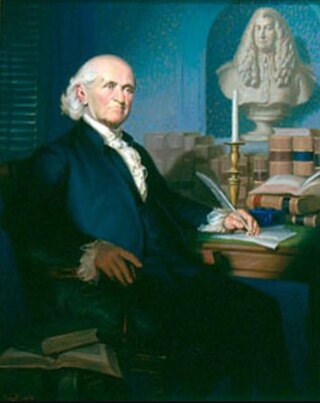
Zephaniah Swift was an eighteenth-century American author, judge, lawyer, chief justice, congressman, law professor, diplomat and politician from Windham, Connecticut. He served as a U.S. Representative from Connecticut and State Supreme Court Judge. He wrote the first legal treatise published in America.
Samuel Lyman was a United States representative from Massachusetts.

Simeon Olcott was a New Hampshire attorney and politician. His career began before the American Revolution and continued afterwards, and among the positions in which he served were Chief Judge of the New Hampshire Supreme Court (1795-1801) and United States Senator from New Hampshire (1801-1805).
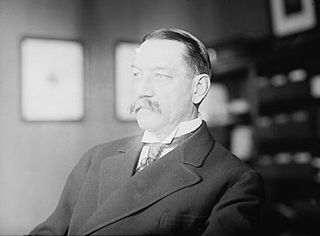
Henry Waters Taft was an American lawyer and writer. He was the son of Alphonso and brother of President William Howard Taft. A renowned antitrust lawyer, he was a name partner at Cadwalader, Wickersham & Taft.

Dwight Foster was an American lawyer and politician from Massachusetts. He served as Massachusetts Attorney General and was an associate justice of the Massachusetts Supreme Judicial Court.
Ellen Ash Peters is an American lawyer and judge. She was appointed to the Connecticut Supreme Court in 1978. She was the first woman appointed to that court.

Henry Champion Deming was a politician and writer who served as U.S. Representative from Connecticut, the mayor Hartford, the acting military mayor of New Orleans, and a member of the Connecticut House of Representatives, and collector of Internal Revenue

Thomas Scott Williams was a U.S. Representative from Connecticut.
William Mills Maltbie was a lawyer, judge, and chief justice of the Connecticut Supreme Court.
Allyn Larrabee Brown was a lawyer, judge, and chief justice of the Connecticut Supreme Court.
William Porter Burrall was an American politician and railroad executive.

Arthur Prentice Rugg was a justice of the Massachusetts Supreme Judicial Court from 1906 to 1938, serving as chief justice from 1911 to 1938. He was appointed by Governor Eugene Foss.
Samuel Howard Blackmer was a Vermont attorney, politician, and judge. He was appointed as an associate justice of the Vermont Supreme Court in 1949, and served until his death.














